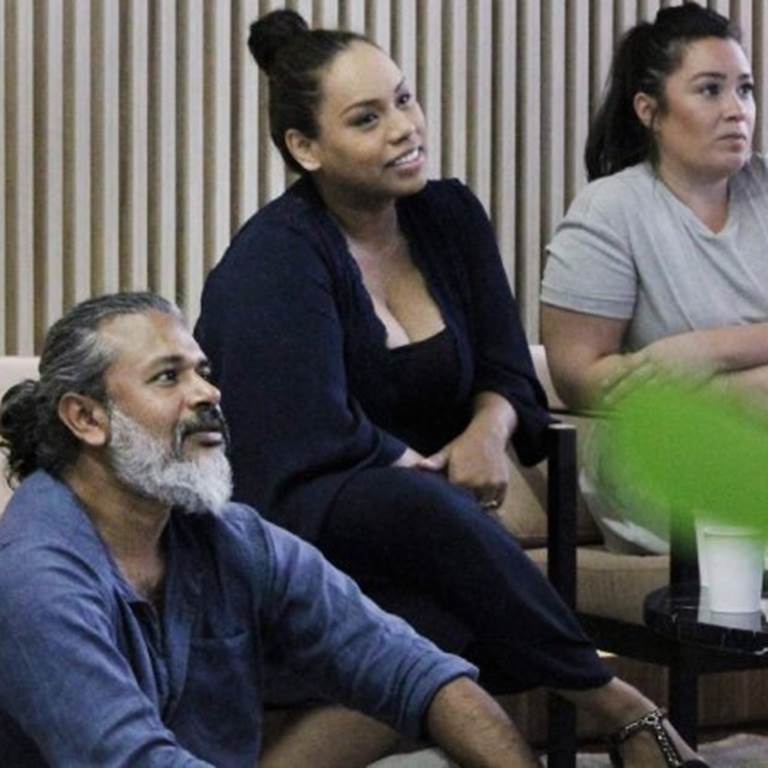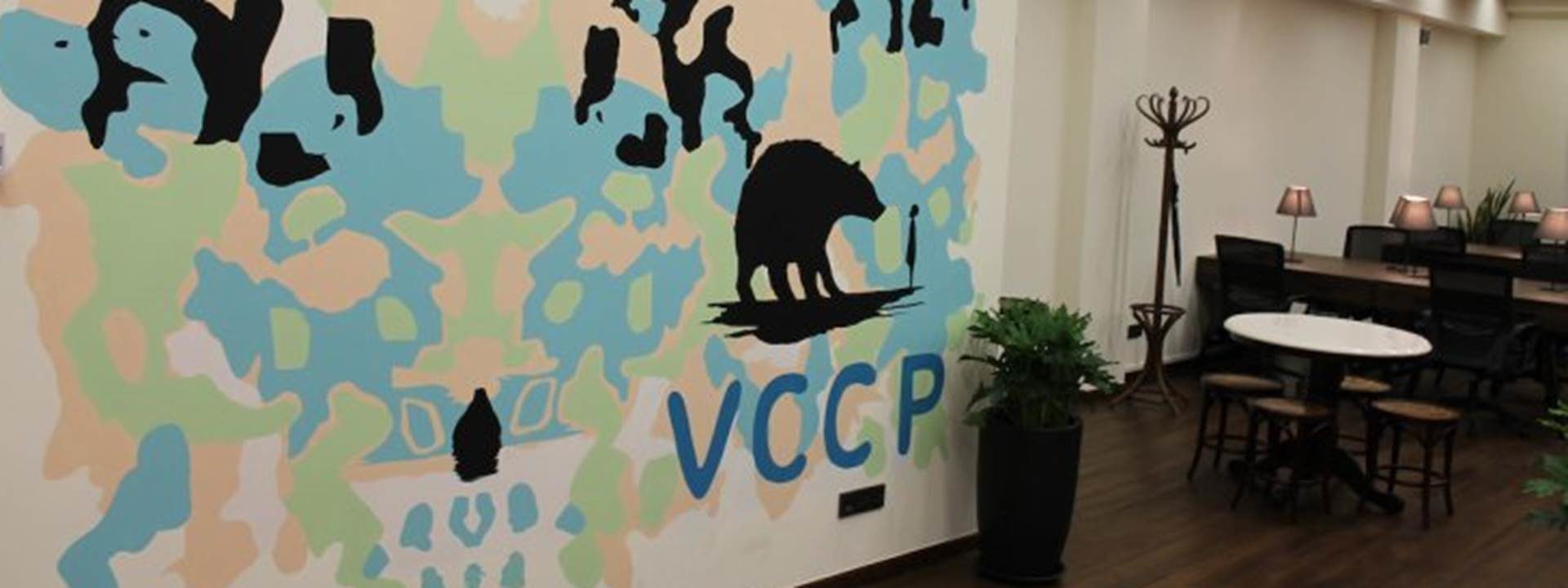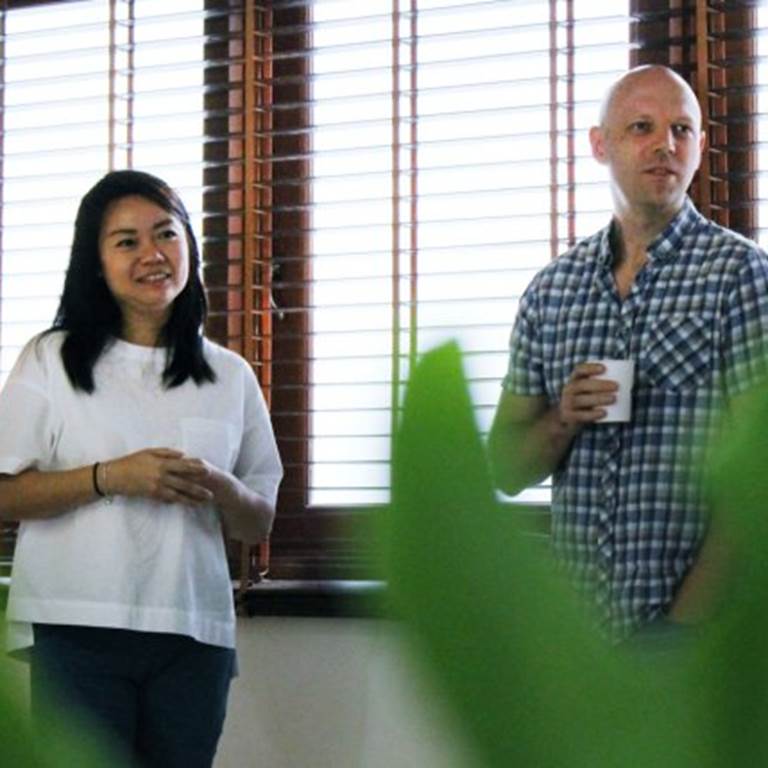Singapore has a contradictory feel of rapid change and stability. Aside from new skyscrapers, train lines and shopping malls seemingly appearing from no-where in no time, the place has re-invented itself multiple times while I’ve been here. When the GFC hit, it hit banking and logistics really hard. Not good if your national economy is heavily reliant on these industries. But within a year, Singapore had repositioned itself as a mecca for tourism and entertainment.
Rapid Change & Stability
An interview with Craig Mapleston, Regional Director of VCCP Singapore.
Tell us a bit about yourself and your current role.
I’ve been fortunate enough to have been chosen to start VCCP’s foray into Asia. This comes off the back of a couple of large global pitch wins last year, which need a strong Asia presence and offering. My role is to build the team and culture to deliver for clients, and also to create a viable alternative to both the big international players and the local darlings. With VCCP’s challenger approach, international scale and breadth of skills, we’ve got a really differentiated offering.
Singapore has been my home since 2001, and VCCP is my third agency in that time - eight years at Bates141, then 10 years at Iris, and now kicking off with VCCP. I’d planned to stay a couple of years, but there has always been a great reason to stay on.

How would you describe the culture of Singapore?
In what ways does the city of Singapore inspire you?

Singapore sees opportunity in adversity. A swamp has become a global city. A lack of natural resources has become a hub of waste re-use. A small domestic market has become a regional powerhouse. That’s pretty inspiring.
Singapore is a hotspot for so many young talents and industry leaders. What has contributed to that?
In our industry, it’s been cyclical. In the early 2000s, Singapore was a hotspot for creative talent who have gone onto much bigger things. Dave Droga probably tops the list. But it has also spawned some pretty dark days of scam, which resulted in plenty of awards, but also an obsession with vacuous work. In the last few years, the better agencies have been getting back into work that makes a difference to clients. It’s not always high profile, but it’s helping to rebuild trust and attract good talent again. So when creative talent and tech leadership finally aligns, we’ll see the profile of creativity here receive more recognition.
What would you say is the most unique aspect Singapore offers agencies?
The chance to work on regional and global work is one of the biggest attractions here. The Singapore domestic market is tiny and limited in its opportunities, but the established and emerging international businesses are all here, with their eyes firmly focused outside of Singapore. So, with that, agencies have a great mix of cultures, nationalities and outlooks. Both of these are a great drawcard for talent of all levels.
What is your favourite hidden-gem in Singapore?
This is a bit left-field, but the Chinese Swimming Club is my favourite hidden gem. It’s a non-pretentious sports club that mainly teaches kids to swim and hopefully unearths the next generation of swimming stars.
It might have taken Joseph Schooling to win Singapore’s first ever gold medal in the 2016 Olympics (beating Michael Phelps in the 100m butterfly) to super-charge interest in the sport, but it’s brilliant to see so many Singaporean kids and parents embracing the sport. Some for potential fame. But most for pure enjoyment.
If you could change something about Singapore, what would it be?
Keeping the success-driven spirit, but embracing a few more passions outside of work. Most Singaporean kids are involved in music, arts and sports at an early age, but the drop off into adolescence and adulthood is enormous as other pressures kick in. It would be great to see these more expressive passions continuing for fun and personal development – not just to assess whether it’s a career option or not.


